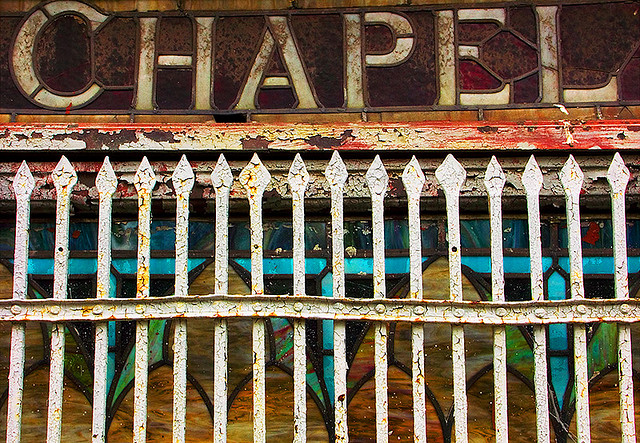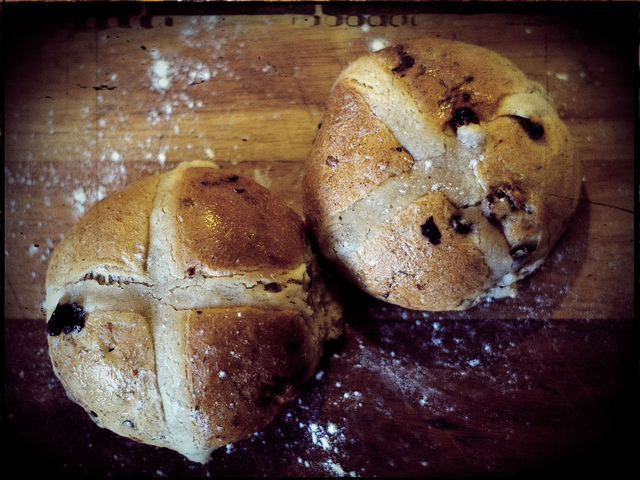Tag: Easter
-

The Kind of Christian I Was
I used to sing with my eyes closed. There were a few hymns at Christmas time that really did if for me. I sang harmonies a little louder than good taste would call for. Sometimes the priest would sing the Eucharist, and I knew every melody. I’d sing along quietly to myself, just under my […]
-

The Intersection of the Myth and the Meaning
To those participating in the Bishop In The Grove’s Bookclub reading of T. Thorn Coyle’s Make Magic of Your Life, join me on Twitter throughout the month of April and engage in a Twitter dialogue about the questions raised in this book. Be sure to @reply with the hashtag, #MakeMagic and Thorn’s handle, @ThornCoyle. Now, […]

